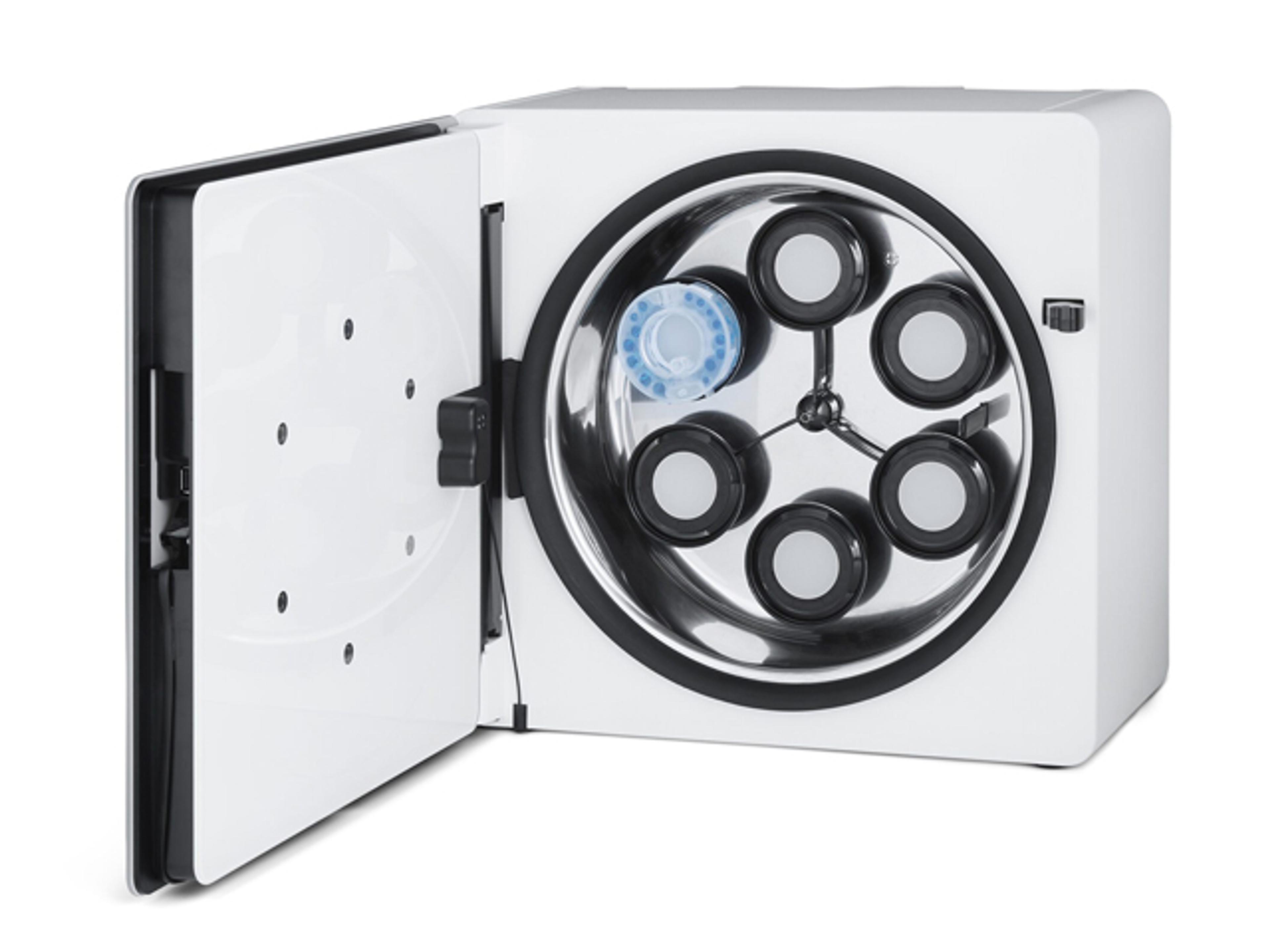
Organoids: Significance of maturity and functionality and how to get it
Thursday, August 21, at 16:00 BST | 17:00 CEST | 11:00 EDT | 8:00 PDT
As the demand for physiologically relevant organoid models increases, so does the need for platforms that provide enhanced maturity, functionality, and structural complexity. Join Dr. Liang Oscar Qiang for an in-depth exploration of innovative brain organoid technologies that are transforming our understanding of the human brain.
Dr. Qiang's laboratory is at the forefront of developing region-specific, vascularized, and microglia-integrated human brain organoids. These next-generation models closely mimic the architecture and cellular interactions of the central nervous system (CNS), offering powerful tools for studying neurodevelopment, disease progression, and therapeutic responses.
In this webinar, Dr. Qiang will discuss how advanced 3D culture techniques are accelerating organoid maturation, supporting neurovascular integration, and enhancing glial function. These factors are crucial for modeling neurodegenerative diseases, neuroinflammation, and evaluating potential treatments.
This session is ideal for researchers and industry professionals in neuroscience, drug discovery, and translational medicine who are seeking state-of-the-art tools for human-relevant disease modeling and therapeutic innovation.
Key learning objectives
- Understand the key characteristics that define high-quality brain organoids, including structural maturity, vascularization, and glial cell integration.
- Explore how 3D culture optimization techniques improve organoid fidelity for modeling complex CNS processes and disease states.
- Gain insights into the application of advanced brain organoids for studying neurodegeneration, neuroinflammation, and therapeutic response in translational research.
Who should attend?
Anyone working with 3D cell cultures and organoids/spheroids.
Certificate of attendance
If you attend the live webinar, you will automatically receive a certificate of attendance, including a learning outcomes summary, for continuing education purposes.
If you view the on-demand webinar, you can request a certificate of attendance by emailing editor@selectscience.net.
Speakers

Dr. Liang Oscar Qiang earned his MD and MS degrees from Nantong University in 2000 and 2003, respectively, before gaining his PhD at Drexel University in 2009. He then completed his postdoctoral research at Columbia University Medical Center, where he conducted pivotal research on Alzheimer's and Parkinson's diseases. In 2015, Dr. Qiang returned to Drexel University, where he now leads a research laboratory that focuses on using human induced pluripotent stem cell (hiPSC) based technologies to develop in vitro and ex vivo cellular and tissue models. The research is primarily focused on studying several neurodegenerative disorders, including Tauopathies (such as Alzheimer’s Disease and Frontotemporal Dementia) and Hereditary Spastic Paraplegia (HSP). His lab is also committed to preclinically testing the therapeutic efficacy of cellular reprogramming-based strategies for treating CNS injuries and diseases.
Moderator


